Whether you are a college student or just horse poor or both, there comes a time when your horse budget isn't always what you would like it to be. There are a lot of things you would like to buy for your horse or need for your horse, but right now you can barely afford to feed both of you. Don't worry because there are many options that you can explore.
First, you might need to consider your current boarding situation. Depending on what part of the country you live in the cost of boarding is going to vary. Can you really afford full care boarding right now or are you going to have to start doing some of the work? Find out if your current boarding facility is willing to work with you. Will they allow you to do partial-care board at a reduced rate or pasture board? Will they let you help them in some of their daily duties and reduce your rent for your hard work? Is it time to move your horse? Look for smaller facilities that meet your needs, often they will have reduced rates than other barns. Would you be willing to feed somebody else's horses for board? These options need to be researched and explored. I have been successful in running ads in the Thrifty Nickel newspaper stating, "Will feed or ride for boarding." I currently board for free because I take care of a couple's farm while they go out of town.
It works well for both of us and I have been at this facility for two years now and have become great friends with the couple. Also, do you have friends or family that have land or other horses? Would they let you keep your horse there if you help them out? Most importantly, always get an agreement in writing. This helps in the fact that both parties know the terms of the agreement and if anything is to happen you have your agreement in writing.
Secondly, let's look at your horse's diet. You need to consider what type of work your horse is doing and what his energy requirements are. An adult horse only requires 8% crude protein diet and this can be provided from a 100% hay diet for maintenance on a horse that is lightly worked. A younger horse is going to require a 10-12% crude protein diet depending on whether or not he is in training and being rapidly grown or not. If you feed a balanced sweet feed with a good grass or alfalfa hay then you will be able to meet their energy requirements. If he seems to lose weight, gradually increase his feed a little more until he stops losing weight. He certainly does not require a fat added or high protein diet, unless he is doing intense work like roping, cutting or jumping. Most feed stores carry a basic sweet feed that is 10-14% crude protein for $5 to $6 a bag.
If you live in the West Texas or New Mexico area, you know that we are in a drought and hay prices have soared. Not to mention the cost of gas isn't helping much either. You can hardly find a round bale of Coastal grass hay for less than $75 out here. I suggest finding a hay wholesaler where you can load the hay yourself out of the field or a barn for less than what you would pay at the feed store. If you have the space, stock up on as much as you can for a few months. This will be expensive initially but it is better than buying it a few bales at a time.

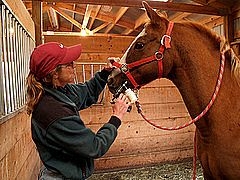 How to Worm a Horse
How to Worm a Horse
How to Worm a Hors
How to Worm a Horse
How to Worm a Horse
How to Worm a Hors
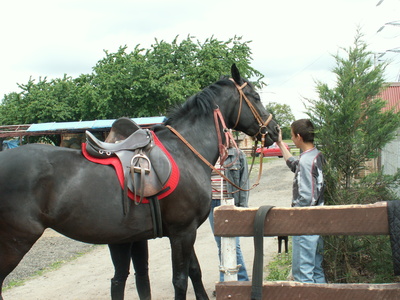 What Are Some Things You Can Do to Show Your Horse That You Are the Boss?
What Are Some Things You Can Do to Show Your H
What Are Some Things You Can Do to Show Your Horse That You Are the Boss?
What Are Some Things You Can Do to Show Your H
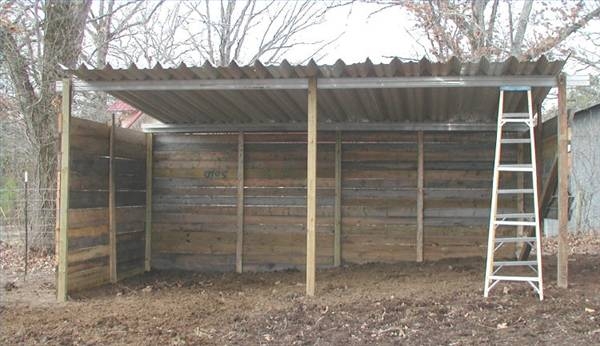 How to Build a Single Horse Barn
How to Build a Single Horse Barn
How t
How to Build a Single Horse Barn
How to Build a Single Horse Barn
How t
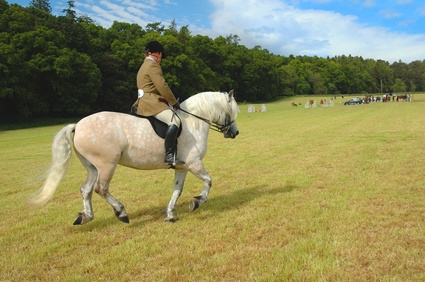 DIY Horse Trailer Living Quarters
DIY Horse Trailer Living Quarters
DIY
DIY Horse Trailer Living Quarters
DIY Horse Trailer Living Quarters
DIY
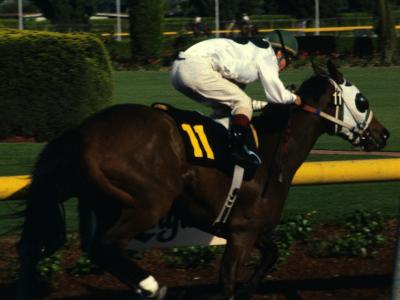 How to Pick a Winning Horse at the Race Track
How to Pick a Winning Horse at the Race Track
How to Pick a Winning Horse at the Race Track
How to Pick a Winning Horse at the Race Track